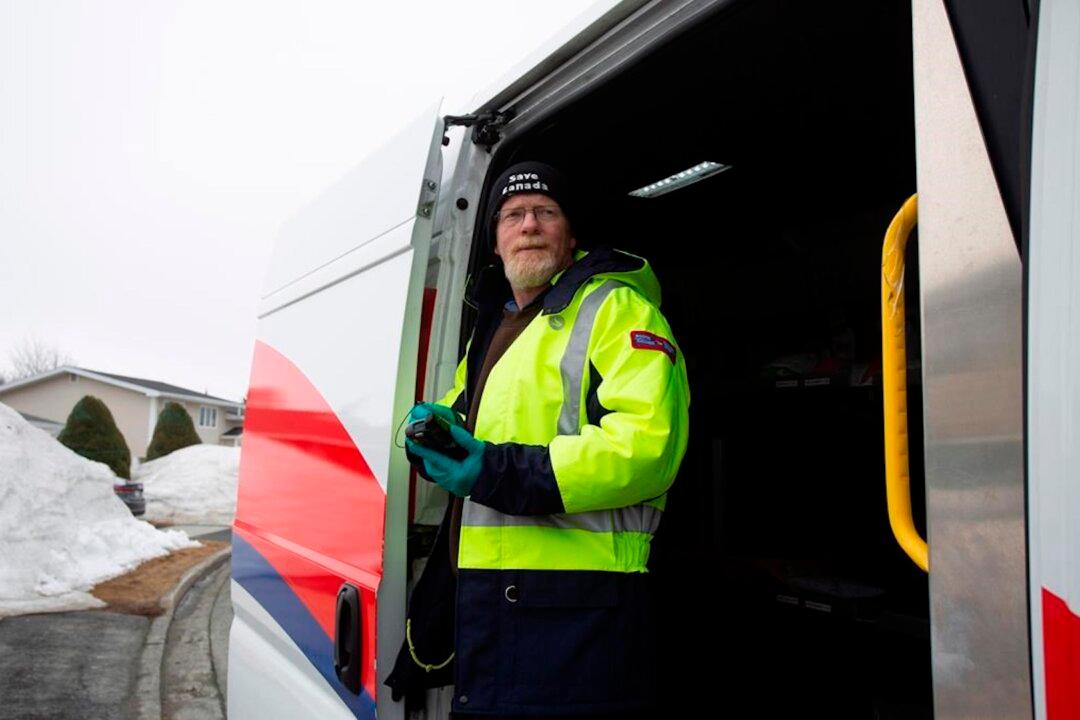ST. JOHN’S, N.L. — Now nearly three weeks later, that March 16 service has been linked to what provincial officials have dubbed “the Caul’s cluster” after a person who attended a funeral at the home between March 15 and 17 tested positive for COVID-19.
Contact tracing by public health officials had linked 143 known cases to the funeral home cluster as of Friday, about 75 per cent of the provincial total. Among them are health−care workers and mail carriers.





